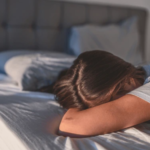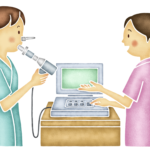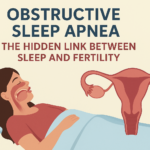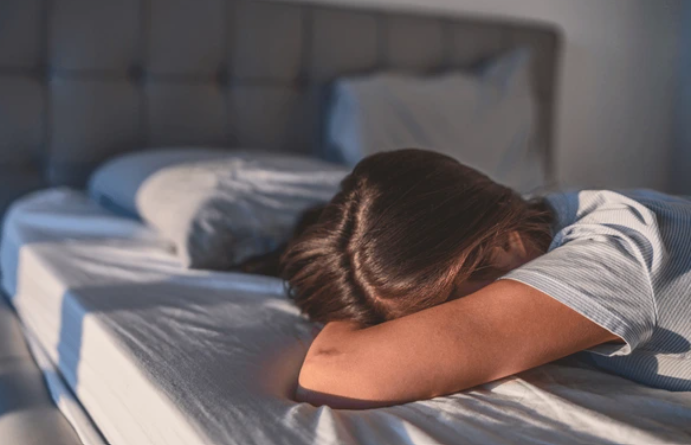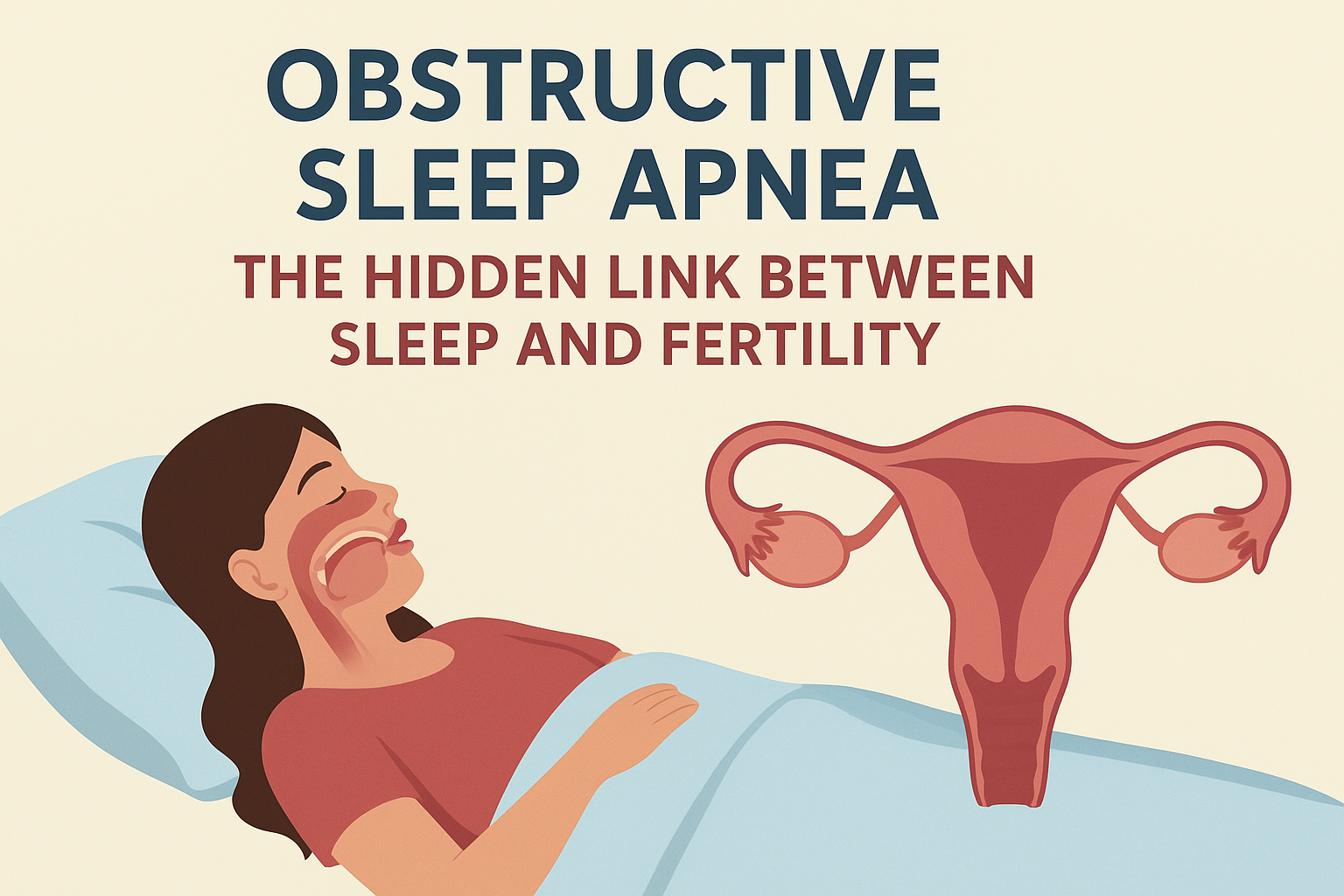Why do Housewives and Working Women in the age of 20-42 years face Sleep Issues?
July 3rd, 2020 || Women, Sleep

Women face more Sleep Issues than Men
According to numerous studies worldwide, including the National Sleep Foundation in the USA, more women as compared to men face a multitude of sleep issues such as difficulty in sleeping, staying asleep, poor sleep quality, sleep-related disorders such as Insomnia, Restless Leg Syndrome, Sleep Apnea, etc.
Women face Stress in their Daily Lives
A study in south Chennai found that both working women and housewives face a similar amount of stress. Women experience physical and psychological stress due to multitasking in their daily lives, which includes, standing in a static posture for long periods of time, long working hours that stretch throughout the day, multiple household chores, etc. Stress has a negative impact on sleep and leads to sleeping difficulties and sleep issues at night.
Women experience their Menstrual Cycle
Women’s sleep is also affected by the cyclical change in their hormones. Women in this age group are in their reproductive age, and unless they are pregnant, they experience a menstrual cycle, and with it a flux of hormones such as Oestrogen and Progesterone. Both Oestrogen and Progesterone are important for good sleep, however, the levels of these hormones change throughout the menstrual cycle. A decrease in the levels of these hormones causes poor sleep and sleeping difficulties in women.
Improving Sleep in Women
The following steps should be taken to improve sleep and reduce existing sleep issues in women:
- Sharing Responsibility: Especially in times such as Lockdown, improving sleep in women, should not be the sole responsibility of the woman. Every single person in the household must contribute by helping in household chores and activity in whichever way possible, thus reducing the stress and responsibilities on the women in the house. The total sleeping time of women should not be less than others in the household.
- Delegating ‘Me Time’: Delegating ‘Me time’, even for about 30 minutes every day is essential for women to relax and take care of themselves. This will help to reduce stress in women, thus reduce sleep issues.
- Delegating ‘Worry Time’: Women should allocate certain times of the day which they can dedicate to worrying and planning for the future, whether it be what should be on the menu for the day, or whether the children have completed their homework. ‘Worry Time’ should be avoided close to bedtime.
- Maintaining Sleep Hygiene: Women should maintain good sleep hygiene to reduce problems sleeping at night by:
- maintaining a fixed sleep schedule
- avoiding caffeine and nicotine before bedtime
- avoiding excessive naps during the day
- Regular exercise
- maintaining a conducive environment for sleeping in that is away from bright lights and noise, and is comfortable.
For more information regarding sleeping difficulties and sleep issues, you can visit the Neurology and Sleep Centre, the 1st sleep centre in the country accredited by Indian Board of Sleep Medicine at L-23, Hauz Khas Enclave, New Delhi, Delhi-110016 (INDIA)
Or give a call on +91-11-46070321, +91-9643500270,
Or write toinfo@neurologysleepcentre.com


